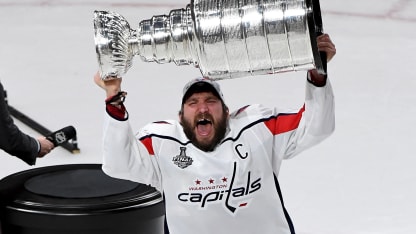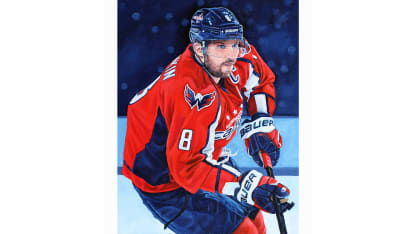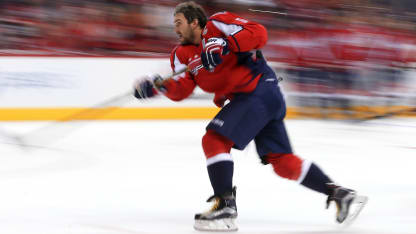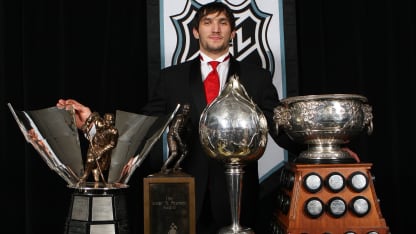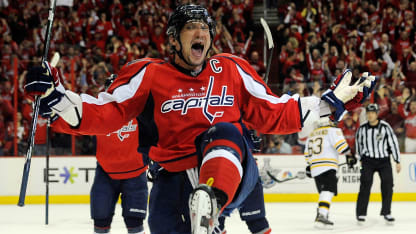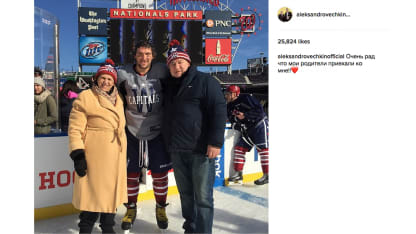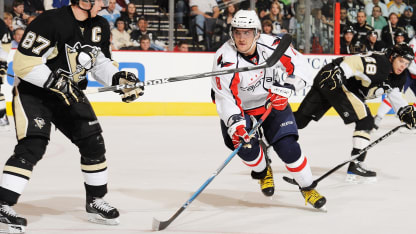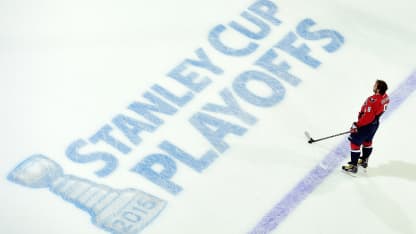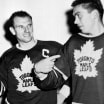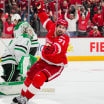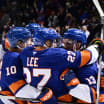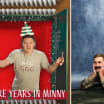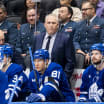"It sounds primitive," Ovechkina told The Washington Post. "But you had to understand I had no advice. I had to make things up myself. I don't remember how many bricks I worked up to. I loved basketball so much that I worked until I was beside myself. I would train until I was out of my mind.
"I was very demanding of myself as an athlete when I played," she said. "I always tried to instill in [Alex] to be as demanding as I was."
If young Alex needed any additional motivation as hockey-loving kid in Moscow, he got it from the memory of his brother, Sergei, who had introduced him to the sport. Sergei died at 25 of a blood clot after a car wreck. Ten years old at the time, Alex plunged into a grief that would never completely go away but somehow seemed a little less crushing when he was playing hockey. He still avoids talking about the tragedy publicly, but told Graham Bensinger in a 2015 interview about playing a hockey game the day after Sergei's death.
"It was hard, I was crying… I was on the bench, I was crying," he said. "But my shift coach said 'OK, go play'. And I play and I'm crying. It was hard but at 10 years old, you obviously [don't] realize what's happening."
"They were very close," said Igor Nikulin, a fellow Russian who played with Ovechkin for four years with Dynamo Moscow. "The memory of his brother is something he plays for. But he doesn't talk about it, ever."
Although he hasn't had as much postseason success as Sidney Crosby, a three-time Stanley Cup champion and the contemporary he is most closely associated with, Ovechkin already has seven 50-goal seasons behind him. He became a Stanley Cup winner on June 7, 2018, when the Capitals defeated the Vegas Golden Knights in Game 5 of the Final for their first championship since entering the NHL in 1974, and was named winner of the Conn Smythe Trophy as playoff MVP after leading all scorers with 15 goals.
